With another in our series of podcasts recorded in Spanish. we hear from Ana María Sandoval Poveda and Silvia Barrenechea Azofeifa sharing about the Technological Devices for Students project at the Universidad Estatal a Distancia (UNED). This project was recognized in 2020 with an OE Award For Excellence in the Open Policy Category.
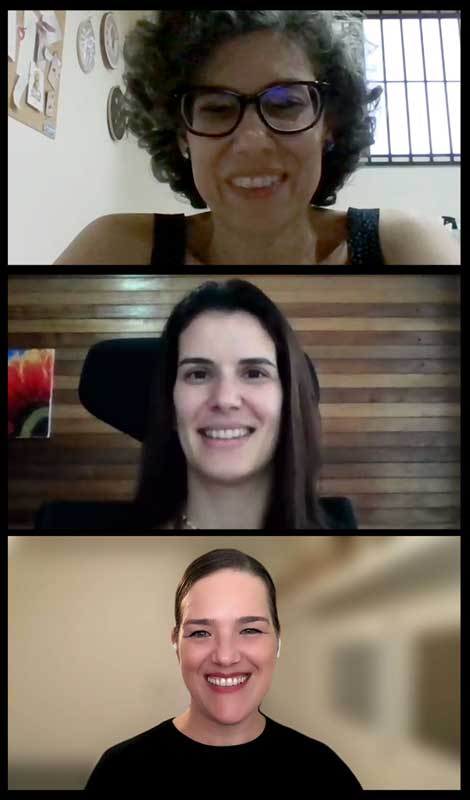
Podcast: Play in new window | Download
Físicamente desde nuestros hogares y conectadas gracias a la tecnología, usamos nuestra imaginación para transportarnos a Monte Verde, Costa Rica para tener esta conversación. En esta charla Ana María y Silvia nos cuentan sus experiencias al trabajar con educación abierta desde sus diferentes áreas dentro de la Universidad Estatal a Distancia (UNED). Por un lado, Ana María como representante del Fab Lab Kä Träre, y por otro lado Silvia como vocera de asuntos estudiantiles. Al ser la UNED una de las primeras instituciones latinoamericanas en unirse al OEG en el 2009, sobran historias que contar.
La UNED empieza su trayectoria de educación abierta lanzando el proyecto OCW UNED. Iniciativa que fue, y sigue siendo, un éxito ofreciendo opciones de aprendizaje en diversos temas para cualquier persona interesada en aprender, aún sin tener la experiencia de ser estudiantes universitarios. Esta primera experiencia establece los cimientos de una cultura de colaboración, creando espacios en los cuales los docentes de diferentes escuelas pueden compartir y mostrar su trabajo al mundo.
En esos primeros años el equipo de la UNED se da a la tarea de investigar nuevas alternativas de cómo hacer las cosas. Busca romper los retos de implementación de tecnologías innovadoras para encontrar nuevas formas de acercarse a las personas. Costa Rica tiene una población diversa y dispersa, con necesidades diferentes y el equipo de la UNED afronta el reto de poder llegar a cada uno de ellos.
Siendo el equipo innovador que son, la UNED sigue expandiendo su oferta de enseñanza abierta. Hoy 12 años después del lanzamiento del OCW UNED, nos encontramos celebrando uno de sus últimos esfuerzos, los “Dispositivos tecnológicos para el estudiantado de la UNED”. Ganadores del premio de políticas abiertas del 2020.
La iniciativa nace bajo el marco de otro proyecto de mejoramiento institucional con el claro objetivo de fortalecer la educación a distancia y hacerlo a través de la incorporación de diferentes tecnologías a disposición del estudiantado. En este contexto surge la inquietud de qué pasaría con las personas que no tuvieran acceso a la tecnología, ya fuera por temas económicos, de geografía, o cualquier otra circunstancia que limitara su acceso a ellas.
En búsqueda de una respuesta nace la alianza entre la Dirección de Asuntos Estudiantiles y el Fab Lab Kä Träre con el objetivo de encontrar una solución. En colaboración, identifican las necesidades de las poblaciones para poder acercarlos a una educación a distancia y analizan diversos dispositivos que pudieran ayudar en el proceso.
Con algunas ideas en mente, lanzan un programa piloto con Raspberry y Tabletas acercando los dispositivos a los estudiantes y guiándolos en su uso y aplicación. Los resultados fueron muy favorables, incluso mejor de lo anticipado. Vieron como el estudiantado tomaban los dispositivos y los hacían propios sin importar el reto que representaban al no ser dispositivos tradicionales como teléfonos inteligentes. Esto les dio un aporte de exploración, de conocimiento y de acercamiento a algo totalmente nuevo y diferente. Tal fue su aceptación que el estudiantado solicitaba quedarse con los dispositivos por más tiempo, muy por encima del cuatrimestre inicialmente pensados.
Fue una gran experiencia para todo el equipo. A Silvia y a mi nos tocó ir a varias giras entre las comunidades. Íbamos a las casas de los estudiantes que tenían los dispositivos a ver cómo lo habían instalado, dónde lo habían ubicado, el tipo de uso que le estaban dando, y de pronto nos dimos cuenta de que no le habíamos dado el dispositivo a una persona, sino a una familia o hasta a una vecindad.
Ana María Sandoval
Al ver los resultados del proyecto y la buena recepción de la experiencia por parte del estudiantado se confirmó que era una buena iniciativa. Estos resultados permitieron demostrar a las autoridades universitarias la necesidad del programa. Las autoridades por su parte recibieron la información y actuaron dando como resultado la incidencia de política institucional que se espera siga extendiéndose en otras áreas y otros proyectos.
Summary in English
In the distance but connected thanks to technology, we use our imagination to transport ourselves to Monte Verde, Costa Rica to have this conversation. Ana María and Silvia tell us about their experiences working with open education in their different areas within the Universidad Estatal a Distancia (UNED). On one hand, Ana María as representative of the Fab Lab Kä Träre, and on the other Silvia as spokesperson for student affairs. As UNED was one of the first Latin American institutions to join the OEG in 2009, there are plenty of stories to tell.
UNED begins the journey of open education by launching the OCW UNED project. An initiative that continues to run successfully offering learning opportunities in various subjects for anyone interested in learning. This first experience established the foundations of a collaborative culture, creating spaces in which teachers from different schools could share and show their work to the world.
Being the innovative team that they are, UNED continues to expand its open education proposal. Today 12 years after the launch of OCW UNED, we are celebrating one of its latest endeavors, the “Technological devices for UNED students”, and the 2020 Open Policy Award Winners.
The initiative started as part of a larger institutional framework with the clear objective of strengthening distance education through the incorporation of different technologies. But there was a concern. What would happen with the students that did not have access to technology? Regardless of the situation, whether it was due to economic constraints, geography, or any other circumstance that limited their access. What would happen with them? How could they be included too?
In search for an answer, the Department of Student Affairs and the Fab Lab Kä Träre start an alliance in search for a solution. In collaboration, they identified the needs of the population and analyzed various devices that could help in the process. They launched a pilot program with Raspberry and Tablets and brought the devices closer to the students. The UNED team guided the students in the use and application of the devices.
The pilot program was a success, even beyond their expectations. They witnessed how the students adopted the devices and made them their own. The fact and initial concern that these were not traditional devices such as smartphones, turned into an opportunity to explore and learn something totally new and different. Students valued the devices so much that requested to keep them for longer.
It was a great experience for the whole team. Silvia and I had to go on several tours in the communities. We went to the houses of the students who had the devices to see where and how they had installed it and the type of use they were giving it. Suddenly we realized that we had not given the device to a person, but rather to a family or even an entire neighborhood.
Ana María Sandoval
After seeing the results of the project, and the great feedback from the students, there was no denying that it was a good initiative. These results proved to the university authorities the need for the program. The authorities analyzed the information and acted by creating the first incidence of institutional open policy in UNED; expected to continue to spread in other areas and projects within the institution.
La música utilizada en este episodio fue “Joyful Meeting” de Crowander del Free Music Archive compartido bajo una licencia Creative Commons BY-NC (Attribution-Non-Commercial 4.0).
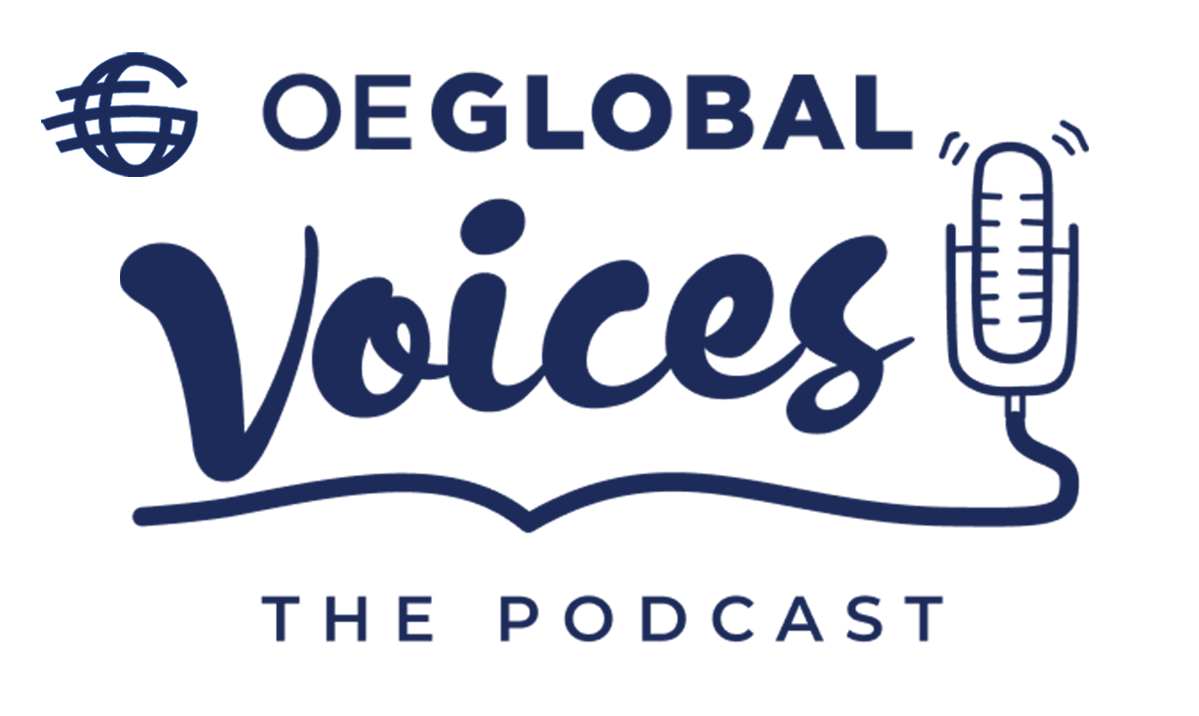
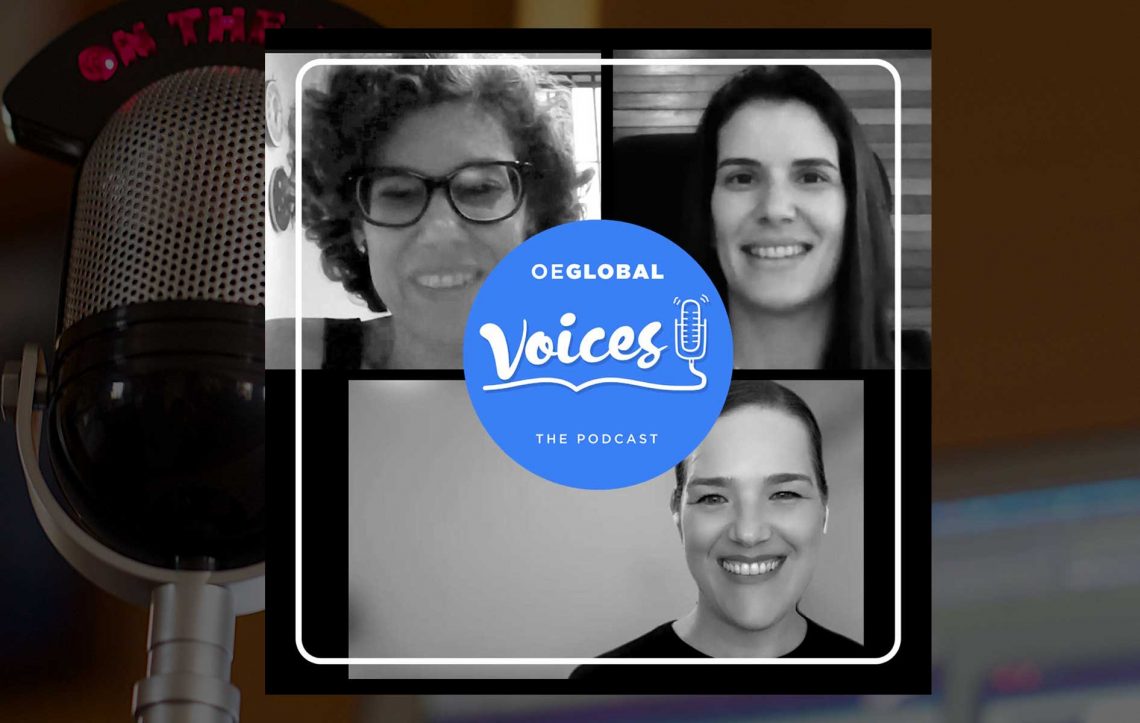

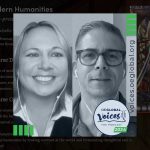



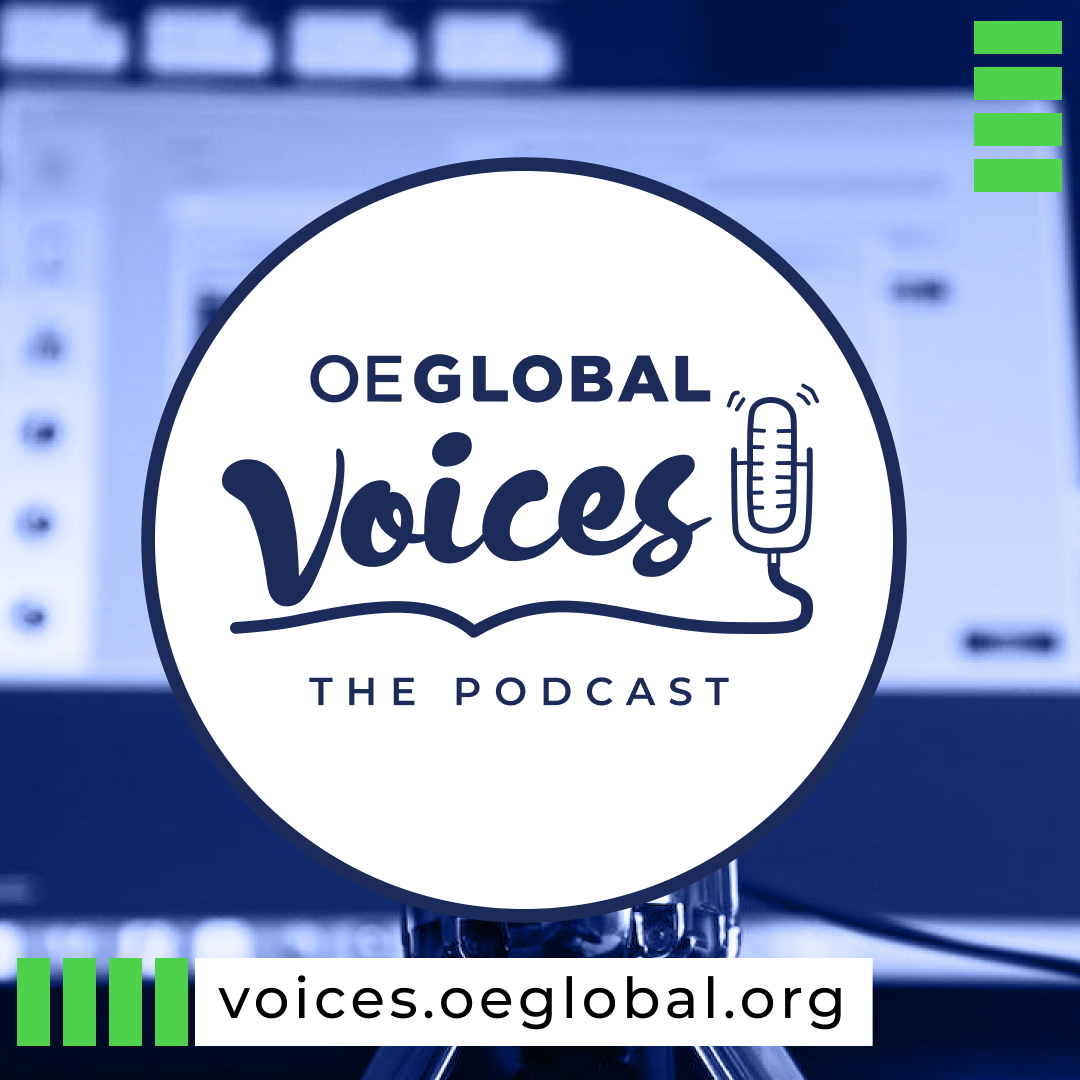



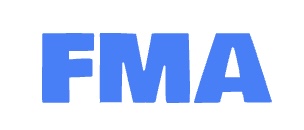
Start the discussion at OEG Connect